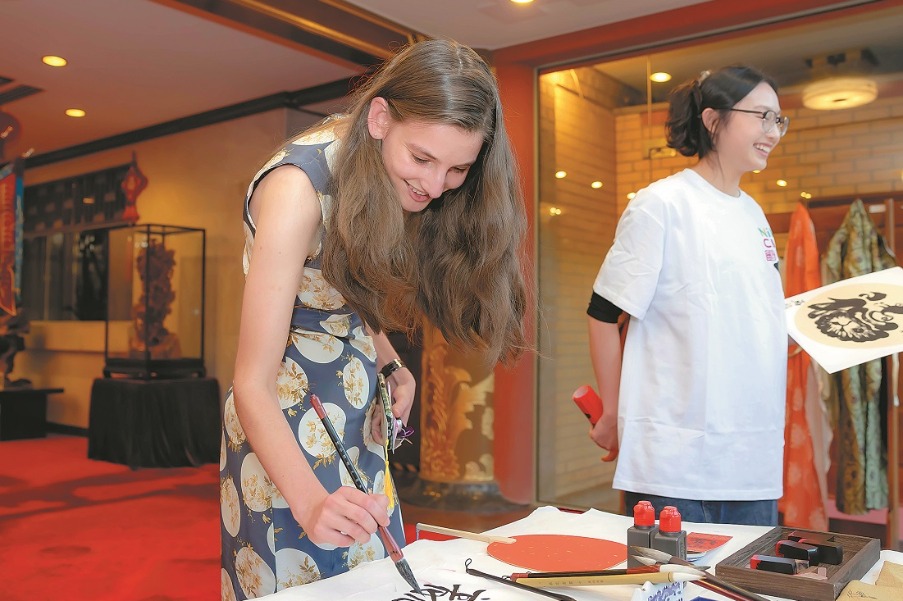Begging rackets deny help to those who really need it

I saw a beggar in his early 40s outside a hospital recently. He was kneeling down on his haunches on the sidewalk. In front of him was spread a small table-sized plastic sheet on which was printed his "miserable experience" — that his daughter was suffering from a fatal disease and he was "paralyzed" after a traffic accident.
A policeman was standing in front of the man, asking him to leave. "It's the third time we have caught you cheating. Get up, pack up your belongings and follow us to the police station for investigation," the policeman said.
Laughter broke out from the small crowd that had gathered around him when the "paralyzed" man stood up and walked to the police car. Some even cursed the man for his attempt to fool the public. I did not join them but smiled a bitter smile. Such cheating tricks have been reported by the media, and police have warned the public to not be fooled by such tricksters.
Walking away from the scene, I suddenly realized that the man was probably the first "beggar" I had seen in two to three years in Beijing or the other Chinese cities I have visited in recent years.
Nearly six decades ago when I was a kid, I once saw hundreds of beggars sleeping on the railway station square in my home city, Xi'an, Shaanxi province, on a summer night. During the day, every household in the vicinity of the railway station was "visited" by about 10 beggars who had lost their crops in floods and were forced to beg to feed their family. The households did their best to help the beggars despite struggling themselves to make ends meet.
Two decades ago, when my son was just a few years old, I used to collect small coins and ask him to put them in a beggar's bowl. By doing so, I tried to not only help the poor people but also teach my son to be sympathetic to the poor and help the needy.
But things changed when cheaters started taking advantage of people's sympathy for the poor.
The reform and opening-up over the past four-plus decades and the national poverty eradication work in the past 10-odd years have greatly improved people's living standards in the countryside. The introduction of social insurance and medical insurance, despite being for relatively small amounts, are enough to ensure that even the poorest people have enough to eat and can access basic medical care.
Longer life expectancy and government and social support prompted many people to give up begging. With government subsidy, ranging from 400 yuan ($55.59) to nearly 2,000 yuan and social donations, even the disabled people don't have to worry about hunger, and by doing some job which suits them, they can even live a decent life.
As for people who are homeless, disabled or live with mental illness, or those who refuse to give up begging for different reasons, the relief centers in different cities and regions are where they can go to seek help. Statistics show that the number of people helped by such centers declined drastically because of livelihood improvement.
The successful poverty eradication program and the large social relief network have prompted many people like me to question the intention of the people begging on the streets. Media reports have exposed many people who disguise themselves as disabled persons to gain sympathy and seek alms from the public — such as the case I saw outside the hospital. Media reports have also highlighted the existence of gangs running "begging rackets" by compelling the disabled or kids to beg for them. There are also reports of beggars who have become millionaires by begging.
Such stories together with police warnings have prevented many kind-hearted people from giving alms to "beggars" on the streets, not to mention that few people carry cash these days thanks to the introduction of e-payment systems such as WeChat Pay and Alipay.
As a result, authorities should put an end to fraudulent begging, as it damages public sympathy and trust, ultimately impeding genuine assistance to those in need.
The author is former deputy editor-in-chief of China Daily.
kangbing@chinadaily.com.cn
If you have a specific expertise, or would like to share your thought about our stories, then send us your writings at opinion@chinadaily.com.cn, and comment@chinadaily.com.cn.


































